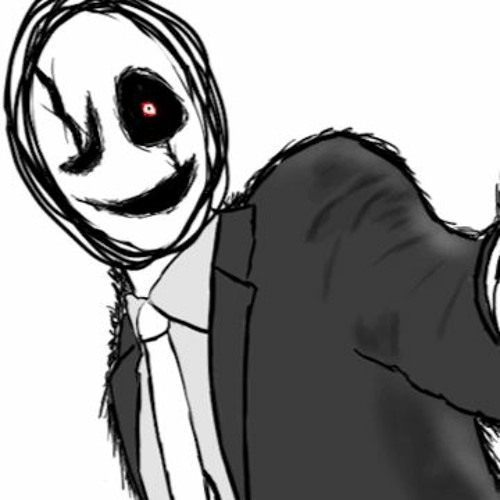

The teller said that he had just returned from a trip to Greece. After weeks of cold and rain, he wandered into a bank and asked the teller about his deep suntan. An English dentist had just yanked one of his wisdom teeth. In a letter to his publisher, he said that he was out to reach “inner-directed adolescents, lovers in all degrees of anguish, disappointed Platonists, pornography-peepers, hair-handed monks and Popists.”Ĭohen was growing weary of London’s rising damp and its gray skies. Even before he had much of an audience, he had a distinct idea of the audience he wanted. He was a bohemian with a cushion whose first purchases in London were an Olivetti typewriter and a blue raincoat at Burberry. Cohen, whose family was both prominent and cultivated, had an ironical view of himself. In those days, he was a Jamesian Jew, the provincial abroad, a refugee from the Montreal literary scene. This was 1960, long before he played the festival at the Isle of Wight in front of six hundred thousand people. He got by on a three-thousand-dollar grant from the Canada Council for the Arts. When Leonard Cohen was twenty-five, he was living in London, sitting in cold rooms writing sad poems. Photograph by Graeme Mitchell for The New Yorker

Leonard Cohen at home in Los Angeles in September, 2016.


 0 kommentar(er)
0 kommentar(er)
